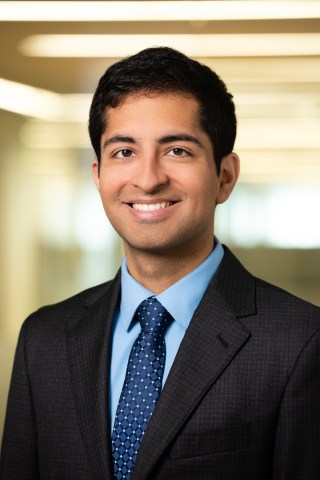
Catholicism Has Declined in Latin America Over the Past Decade
Growing numbers of Latin Americans are religiously unaffiliated, but belief in God remains high across the region.
Numbers, Facts and Trends Shaping Your World
Research Analyst
Manolo Corichi is a research analyst focusing on global attitudes, identity and religion at Pew Research Center. Previously, he was a research assistant and a summer research fellow with the Williams College Political Science Department. He holds a Bachelor of Arts in Political Science and Economics from Williams College.
Growing numbers of Latin Americans are religiously unaffiliated, but belief in God remains high across the region.
Economic optimism remains low in South Africa but is improving. Adults there increasingly see China favorably and value economic ties with China.
Most adults across 25 countries are aware of AI, and people are generally more concerned than excited about its effects on daily life.
In nearly all the countries we surveyed, supporters of the governing party view their economy more positively than nonsupporters.
Many religious “nones,” which include atheists and agnostics, in 22 countries hold religious or spiritual beliefs, such as in an afterlife or something beyond the natural world.
Africa is the only world region where the fertility rate is currently higher than the global replacement-level fertility.
The world’s population is expected to peak at 10.3 billion in 2084 and then decline to 10.2 billion through the end of the century.
Belief in an afterlife, God and spirits in nature is widespread globally. Older adults are more likely than younger adults to believe in God.
We asked people in three dozen countries how they see religion’s role in society, government and national identity.
Adults in Indonesia, Bangladesh and the Philippines are the most likely to say it is important to have a leader who stands up for people with their religious beliefs.
Notifications
